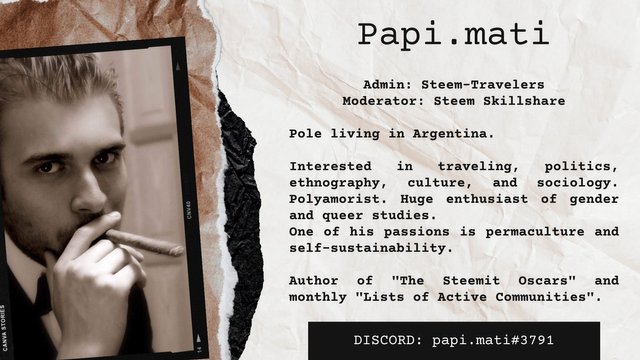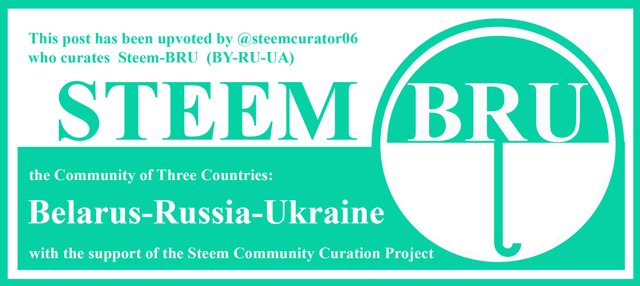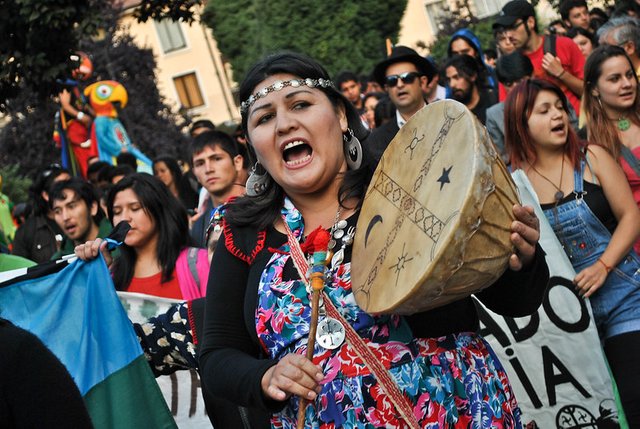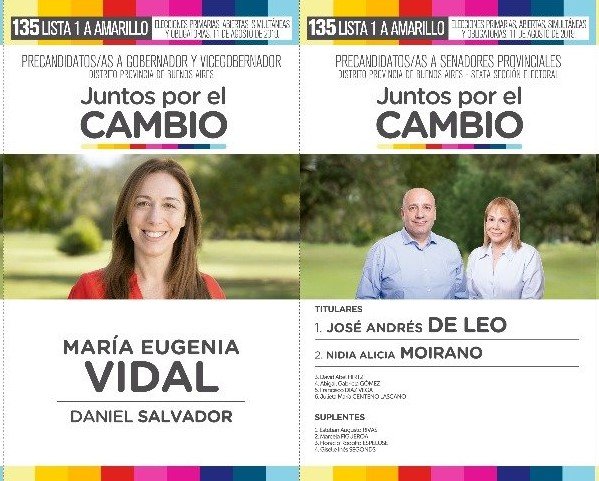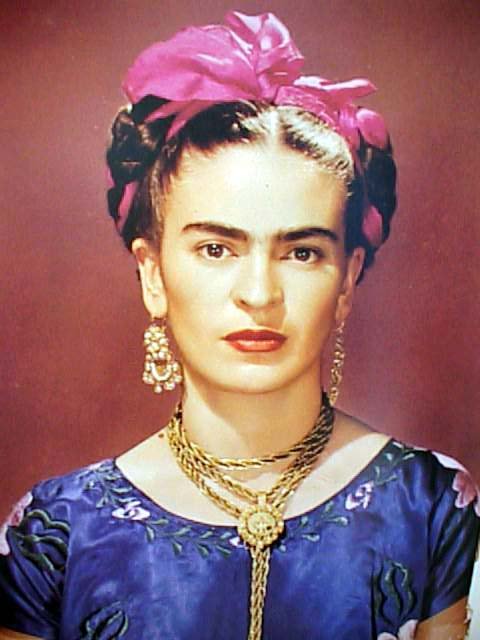Weekly News from Latin America (No. 11)
Salvador is building a city with Bitcoin
President of El Salvador, Nayib Bukele, announced that he would soon begin building a city at the base of the Congagua volcano in the La Union region. The construction will be fully paid with bitcoins, and the city itself will resemble a large coin. The geothermal energy from the volcano will be used to mine bitcoins in an effective and ecological way.
The city plans include residential zones, commercial and service areas, museums, entertainment zones, bars, restaurants, airports, ports, and railways. The region will also be excluded from the collection of income taxes - the only tax that will remain is VAT. The president did not give a start and end date but estimated the cost of the project at 300,000 BTC
source || source || source || source
Presidental elections in Chile
Today, on November 21, presidential elections are held in Chile. The people must decide which of the seven candidates is to represent them in the coming years, which will be very difficult. After the recent social protests and the referendum in which the new constitution was called, the tension in the country is still strongly felt.
In the Araucania region, in the south of the country, a state of emergency was introduced: the government of the current president, Sebastian Pinera, justified this with protests among the indigenous Mapuche peoples and attacks on police officers, while Mapuche emphasize that it is the army and police that constantly use unjustified violence against them, and the state of emergency is used to stop them at the time of social changes that could grant them full rights.
In addition to the tense situation in the Araucania region, Chileans also live with the topics of increasing immigration, including illegal immigration, most often from Venezuela, Peru, and Haiti, and the threat of further waves of the pandemic.
All polls indicate that only two candidates have a chance to win. Their views and the election program addressed to completely different recipients indicate the "ideological" and generational war that prevails in the country.
According to polls, Chileans in age 40+, living in smaller towns and less educated, want to vote for the leader of the polls Jose Antonio Kast - the far-right politician who describes his views as close to those of the Spanish Vox party, Italian politician Salvini, Polish Law and Justice party or Brazilian president Jair Bolsonairo. Kast wants to increase the military presence in Araucania, stresses the importance of effectively combating illegal immigration, rebuilding the economy, and increasing the number of police in the country.
His opponent, Gabriel Boric, is more often chosen among people up to 40 years old, people with higher education and living in large urban agglomerations. He talks about creating the state pension system (currently pensions in Chile are completely privatized), investment in public health care, education, increasing taxes for the richest.
source || source || source || source
The new Heineken factory in Brazil threatens an important archaeological sites

One of the well-known brewing companies in the world, Heineken, applied for permission to build the new factory near Lapa Vermelha - the archeological spot with the caves where the skeleton of a woman named Luzia was found, 11 thousand years old person who was living in this area. These are the oldest human remains discovered in both Americas.
The information about the construction of the factory was announced in December last year and met with a positive reaction from the local authorities. The project assumed an investment of USD 330 million, which would create 350 new jobs. The concession to build the plant was granted in August this year, but construction was suspended a month later at the request of the Chico Mendes Institute for Biodiversity Conservation and the Minas Gerais State Prosecutor's Office. In addition, inconsistencies in the licensing process were revealed: the company had not consulted the project with the Institute of Historical and Artistic Cultural Heritage, which is a mandatory procedure in Brazil, nor has it investigated how the plant would affect the region's hydrogeology. The court, however, allowed the company to continue its work.
The archaeological community wants to send a letter to Heineken expressing its concern about the situation as they believe there may still be some important discoveries in the Lapa Vermelha site.
Parliamentary elections in Argentina
Parliamentary elections took place in Argentina on Sunday 14 October - more than 34.3 million voters went to the polls to renew 24 of 54 seats in the Upper House (Senate) and 127 out of 257 in the Lower House (Chamber of Deputies). This means that deputies were elected, and in some provinces also senators.
The ruling coalition (the Frente de Todos party) led by President Alberto Fernández failed in the September primaries, losing 18 out of 24 constituencies. In Sunday elections, the government of Fernandez lost in 15 districts, lost the quorum in the Senate, i.e. the possibility of passing bills without the support of other parties, but managed to at least reduce the difference of votes between the opposition party (Juntos por el Cambio party with Mauricio Macri, president of Argentina in 2015- 2019) at the Chamber of Deputies.
Overall, nationally, the Juntos por el Cambio alliance won 42% of the vote against 33.6% for the Frente de Todos party. Thus, these elections open up the possibility for the opposition to gain a significant advantage in the presidential elections scheduled for 2023, and the defeat of the ruling party in the Senate is the first major defeat of Peronism since 1983, that is, since the return of democracy in Argentina.
source || source || source || source
Frida Kahlo's art sold for a record sum
"Diego y yo" by famous Mexican painter Frida Kahlo sold for a record $ 34,900,000. The buyer of the work was Eduardo Cosantini, an Argentinean millionaire and founder of one of the most important museums in the country.
It is the most expensive-selling painting in Latin America, followed by Diego Rivera (Kahlo's husband), whose artwork was sold three years ago for $ 9,760,000.
Frida Kahlo was a painter living in the first half of the 20th century, whose paintings dealt with the themes of her disability resulting from polio disease, sexuality (Frida was bisexual and polyamorous), feminism, and, indirectly, the Mexican tradition.
source || source || source || source
